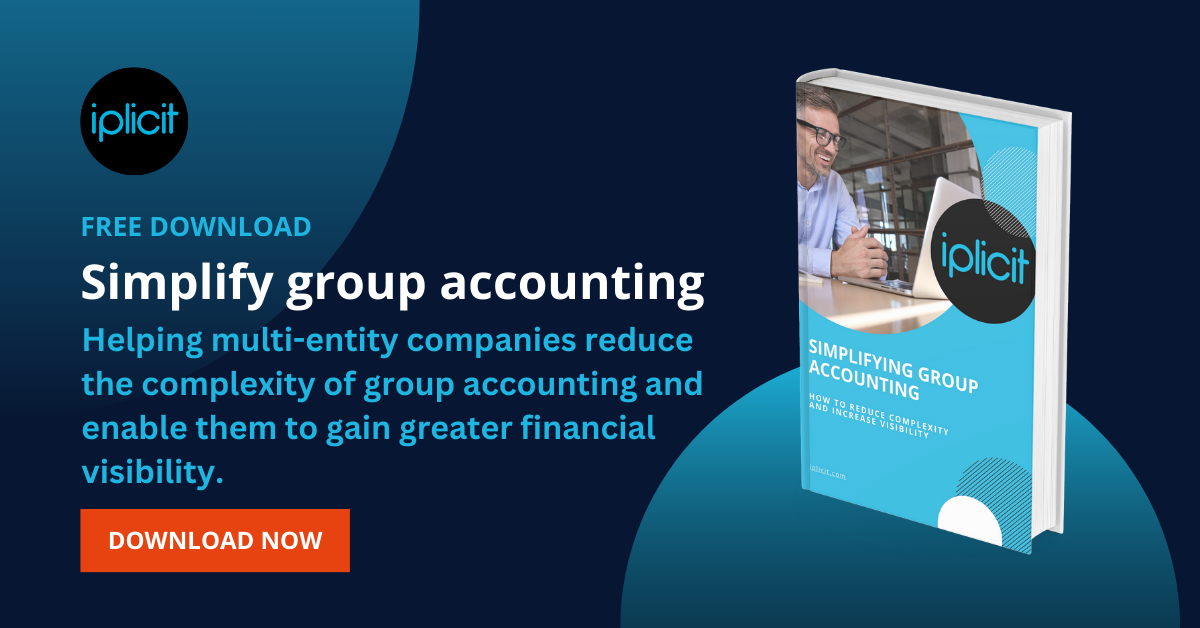Is your business operating across multiple entities, subsidiaries, or even branches, each with its own distinct financial structure and accounting practices? While this multi-company structure offers strategic advantages, it also brings about a unique set of accounting challenges and possible compliance issues that can be overwhelming without the right tools and strategies in place. Read on to learn about how you can navigate and overcome the complexities of multi-company accounting for your business.

Distinguishing Multi-Company Accounting from Single-Entity Practices
Multi-company accounting differs significantly from managing the finances of a single entity. While single-entity accounting focuses on a singular financial structure and entity-specific practices, multi-company accounting involves the intricate orchestration of multiple financial frameworks, each with its distinct operations, ledgers, and (often complicated) reporting requirements. This complexity demands a higher level of expertise, organisational skill, and tech support.
Challenges in Multi-Company Accounting
You may have come across one or more of these multi-entity accounting challenges, so we’ll take you through what impact they could have on your organisation.
Data Fragmentation
In the context of multi-company accounting, data fragmentation refers to the scattering of financial information across different entities within an organisation. The dispersion of financial data across various entities can make obtaining a comprehensive overview a mammoth task. Reconciling data from different sources for accurate reporting can become a real challenge, especially if your organisation is spread across regions or countries. Centralised visibility of accounting data is crucial for accuracy.
Intercompany Transactions
The fluidity of transactions within a multi-company structure will inevitably be more layered and complicated than in a single entity organisation. Ensuring these transactions are well-documented, error-free, and appropriately recorded is a significant challenge, especially to medium and large organisations.
Consolidation Complexity
Creating consolidated financial statements is like solving a puzzle with hundreds of pieces. Intercompany transactions, reconciling different accounting standards, and accurately presenting the group's financial health can be arduous without proper tools or software. A cloud accounting software, like iplicit, can make your life easier by performing automatic and error-free time saving consolidations.
Regulatory Compliance
Operating across multiple jurisdictions means navigating an intricate maze of compliance regulations and tax laws. Meeting diverse reporting obligations while maintaining accuracy is a daunting task when you have more than one entity to think about. Read more about how cloud accounting can help your organisation stay compliant with accounting standards.
Communication Bottlenecks
Finally, coordinating financial data and decisions across various entities requires efficient and quick communication. Gaps or delays in communication can lead to confusion and misalignment.
Overcoming These Multi Company Accounting Challenges
Cloud-based solutions can be a game-changer for multi-entity businesses. These platforms offer tailored features, designed to tackle the unique challenges posed by multi-company accounting. Just some of our cloud accounting benefits include:
- Centralisation: Cloud solutions centralise financial data, granting you a bird's-eye view of the entire business landscape. This holistic perspective enhances decision-making and eliminates data silos.
- Standardisation: By imposing a standardised chart of accounts across entities, cloud solutions ensure uniformity and consistency in financial reporting. This harmonisation simplifies data analysis and keeps errors to a minimum
- Automation: Cloud platforms streamline intercompany transactions through automated accounting Again, this reduces manual errors, enhances accuracy, and expedites reconciliation.
- Consolidation Made Easy: Financial consolidation becomes significantly smoother with cloud-based solutions. They facilitate data aggregation, intercompany elimination, and adjustments, saving time and reducing the likelihood of errors.
- Compliance Features: Cloud solutions like iplicit offer compliance functionalities tailored to different jurisdictions. This ensures adherence to varying tax laws and accounting standards, mitigating regulatory risks.
- Real-time Collaboration: Cloud technology allows teams across entities to collaborate in real time. This fosters swift communication, preventing bottlenecks and enhancing decision-making.
- Data Security and Access Control: Cloud solutions offer robust security features, including role-based access controls, ensuring that sensitive financial data is only accessible to the people you authorise.
Contact Us
iplicit supports accountants and finance directors of multi-entity companies to overcome their multi-entity accounting challenges. With our cloud-based platform, we’ll create a bespoke solution, built specifically for the needs of your business. To learn more and speak to one of our experts, please contact us today.


